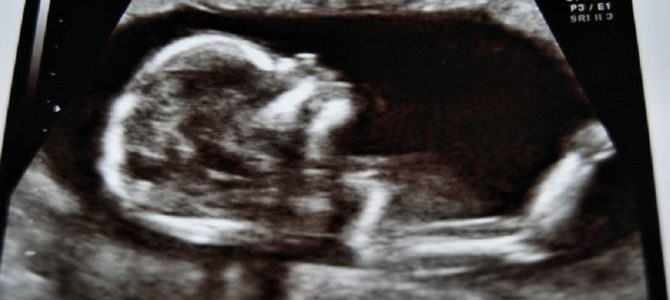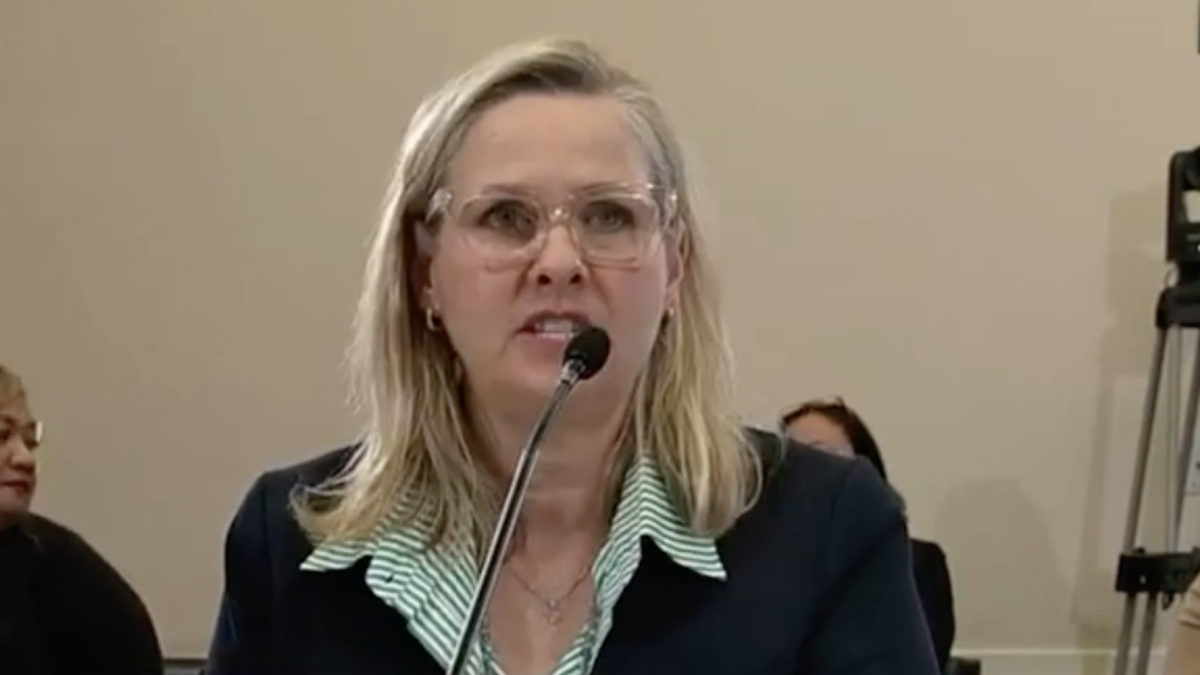
For most pro-choice advocates, the right to abortion hinges on affirming that a pregnant woman has the right to refuse her child residence in her body. But then the question may be asked, if a prenatal human being does not belong in her mother’s womb, where does she belong? The answer? Nowhere.
Even most pro-choice advocates don’t want to deal with the logical implications of this further claim. But conceding the child “belongs” in her mother’s body would require admitting the child has a “rightful place” there. This would upend the pro-choice position altogether.
For the sake of clarity, let’s put this in a formal, logically tight argument. I call it the argument from belonging. It goes like this:
- If prenatal human beings do not belong in their mother’s womb, they do not belong anywhere.
- But prenatal human beings do belong somewhere.
- Therefore, prenatal human beings belong in their mother’s womb.
The rules of logic are much like math in that there are incontrovertible rules and formulas. This particular argument is an example of Modus Tollens, a particular formula of argument that is universally recognized as valid in the canons of logic.
This means if premises one and two are true, the conclusion follows logically. The only way to avoid the conclusion would be to deny the truth of one of the premises. However, there are a number of reasons to think both premises are true.
If Not Inside Their Mothers, Where Do the Unborn Belong?
Again consider, if a prenatal human being does not belong in her mother’s body, where does she belong? In theory, this is probably the easiest premise to deny. It only requires enumerating a single place of belonging that exceeds her mother’s womb. But where would that be?
Simply responding “not the womb” will not do, because that still allows for nowhere. “Anywhere but the mother’s womb” is not being honest, because you cannot plausibly claim a human being “belongs” in a place she cannot possibly survive. That would be as plausible as claiming we belong residing on the surface of Mars more than Earth.
But even if you can name a couple of places prenatal human beings could survive rather than their mothers’ womb, those aren’t likely candidates to be their truer place of belonging. The only possible alternative technology allows today is for the newest embryos in places like IVF labs. But it is self- evident these little human beings do not “belong” in sealed tubes or liquid nitrogen for an indefinite period of time.
Perhaps you are holding out for a possible future that provides the option of artificial wombs. Maybe this is really where prenatal human beings belong?
Besides the fact that the term “artificial” denotes an alternative that is a suboptimal imitation of the natural thing, you are really stretching if you want to believe a hypothetical place that currently only exists in the musings of science fiction is a truer place of belonging for fetuses. But if you cannot enumerate any other locations a prenatal human being belongs to more than her mother’s womb, it follows that she does not belong anywhere else, either, if she does not belong in the natural womb where she began.
But Prenatal Humans Do Belong Somewhere
Denying this premise brings more problems than it is worth. It has nothing to do with affirming a right to bodily autonomy or an alleged “conflict” of rights. It is an outright rejection that these little human beings have any rights at all. It says, “If you are a human being of a particular stage of development, you have no place in this universe.”
But this proves too much. It is a denial of human rights at large. To put it simply, if you do not believe human rights are entitled to all human beings, you do not really affirm “human rights.” That would be a misnomer. You would only believe a certain subset of human beings have rights, and the limiting principle for those that have rights and those who do not would be arbitrary.
What are the possible qualities that could disqualify these human beings as bearers of rights? Size, level of development, and viability are the likely features to cite, but these are all differences of degree. They are differences of quantity rather than quality. There is no reason to draw the line at one place rather than another between those you deem to be “bearers of rights” and those you do not.
For example, if you deem eight months to be the minimum level of development to qualify a human being as a bearer of rights, why not the day before? If 27 inches is the minimum height, why not 26 inches? On what basis would you object to someone else deciding the minimum height is 40 inches?
As for viability, that makes a human being’s rights dependent on the technology of the time and place, which makes a human being’s rights dependent on the accidents of history. Your grounding for bestowing rights to any human being is built on a foundation of sand at that point. It is completely arbitrary.
This Is One Reason IVF Is Morally Problematic
Sadly, the second premise has been at least unconsciously accepted in a portion of our society. IVF clinics consistently treat embryos like they don’t belong anywhere. Whether they are frozen indefinitely or destroyed, it is treated as a matter of no consequence.
This is a class of human beings whose rights as human beings are ignored. They are often treated as a commodity rather than bearers of the right to life, liberty, and the pursuit of happiness. But if you are content with leaving an embryo to reside frozen indefinitely or be destroyed, that is like rocketing someone to the surface of Mars without proper survival equipment.
It is implausible to claim a child does not belong in the place she began to exist and the only place she can survive: in the nurture and care her mother’s body naturally provides. This has been the case for virtually all of humanity since our history began. The mother’s womb is the rightful place of a child in the earliest gestational stages to live and flourish.









